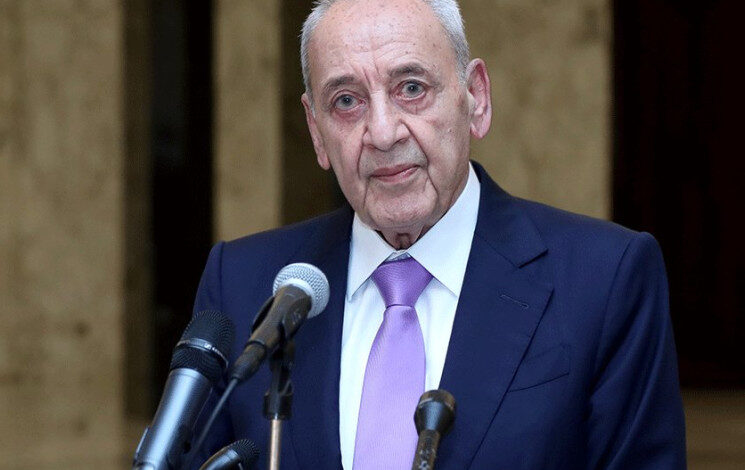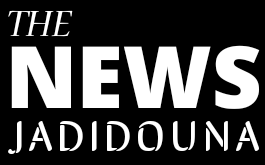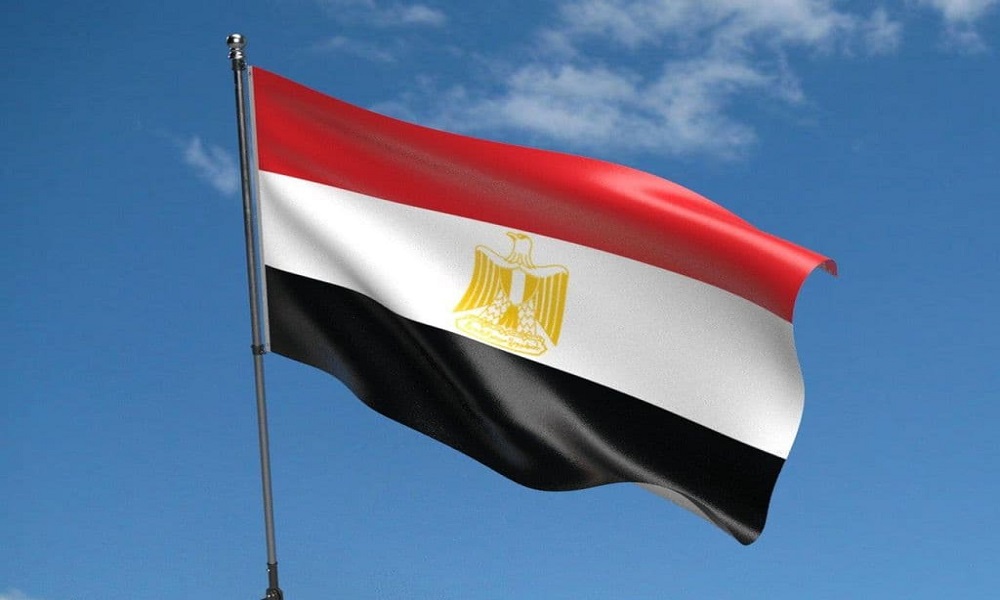“Key Developments in Lebanon’s Ceasefire Negotiations: Berri’s Optimism Amid Regional Tensions”

The Speaker of the Lebanese Parliament, Nabih Berri, is currently reading “The War” by Bob Woodward, which details the communications and strategies of Israeli and American officials regarding the war on Gaza following Operation “Al-Aqsa Flood.” This reading coincides with his strenuous negotiations with the Americans to reach a ceasefire agreement. Berri refers to parts of the book that highlight an Israeli plan, evident in the early days of the Gaza war, to take advantage of the situation and launch a war on Lebanon. However, the Americans managed to prevent this at the time. Berri mentions this to counter the criticism directed at Hezbollah for opening the support front. Despite the challenges, Berri seems optimistic about the course of negotiations, though some unresolved issues remain.
Toward Ending the War
Speaking to “Al-Modon,” Berri said: “This time, there is room for greater optimism. The Americans are very serious, and Donald Trump has given Amos Hochstein the green light to secure a ceasefire in Lebanon. Additionally, based on what we have learned from the Americans, the Israelis also want to conclude the war.” Berri revealed that the agreement does not grant Israel the right to free military operations in Lebanon. “This is non-negotiable and not up for discussion, something the Americans are well aware of.” He confirmed that negotiations are ongoing, with some amendments and Lebanese proposals being sent to the Americans. He further emphasized: “There is no approval for forming an international committee to monitor the implementation of Resolution 1701, nor for the introduction of multinational or NATO forces. Instead, the agreement reaffirms adherence to Resolution 1701 and strengthens the roles of UNIFIL and the Lebanese Army in enforcing it.” The agreement also borrows elements from the April Understanding, which established a monitoring committee including Lebanon, Israel, the U.S., France, and the United Nations.
Berri insisted that this committee is the sole body responsible for ensuring the resolution’s implementation, and there is no need to expand its membership or involve other countries, despite American attempts to include Germany and Britain—a matter that can still be addressed.
Pivotal Days Ahead
Berri stressed that the idea of Israel having unrestricted military freedom is entirely off the table. Instead, once a ceasefire is reached, guarantees will be in place to halt Israeli aggression on Lebanon by land, sea, and air. “This is why we seek a ceasefire—otherwise, what would be the point of an agreement?” When asked about Israel’s demands for guarantees, he quickly responded: “America is Israel’s guarantee. The Americans never miss an opportunity to affirm their unwavering support for Israel, both offensively and defensively.”
Berri described the current period as pivotal, with all parties aiming to end the war. However, the real test lies in implementation and Israel’s commitment. Regarding Israel’s ongoing military escalation, Berri remarked: “This is typical of Israel, particularly under Netanyahu, who believes that by escalating attacks and increasing pressure, he can impose his will. But this will not happen. We will not succumb and will adhere only to what has been agreed upon regarding the implementation of Resolution 1701.”
Positive Iranian Role
Commenting on the visit of Ali Larijani, advisor to the Supreme Leader of Iran, to Beirut, Berri described it as very positive. Larijani expressed support for Lebanon, its state institutions, the resistance, and achieving a ceasefire while implementing Resolution 1701. Berri noted his satisfaction with Larijani’s visit and its outcomes, including assurances of Iran’s backing for Lebanon, its state institutions, displaced persons, and reconstruction efforts.
Support from All Sides
When asked about concerns over internal security and the possibility of civil war, Berri replied quickly: “Lebanese people have learned from the 1975 war and no one wants to repeat that tragic experience. Lebanon is currently witnessing unprecedented solidarity and public support for the displaced, regardless of political or sectarian affiliations.” He pointed out that there are 1.2 million displaced individuals spread across Christian, Sunni, and Druze areas, with even political opponents, such as the Lebanese Forces and Samir Geagea, taking commendable stances on the issue of displaced persons. “In Deir El Ahmar, for instance, residents vacated their homes, telling the displaced, ‘Our homes are yours, and we are your guests.'”
Praise for Saudi Arabia
Berri praised the positions expressed during the extraordinary Arab-Islamic summit in Riyadh, highlighting Saudi Arabia’s significant and highly commendable stance, especially its commitment to a Palestinian state, rejection of genocide in Gaza, condemnation of attacks on Iran, and opposition to aggression on Lebanon. He referenced Woodward’s book “The War” to underline Saudi Arabia’s steadfast position on supporting a Palestinian state, stating that Saudi Arabia has made it clear to Israel that this demand is non-negotiable.
Details of the Agreement
According to sources familiar with the negotiations, the agreement presented by the U.S. ambassador to the Speaker of Parliament includes 13 points outlined across five pages in large font. Berri directly asked the U.S. ambassador whether there was a separate agreement between the Americans and Israelis that differed from the one presented to him. The ambassador denied this, confirming there was no such side agreement, particularly regarding Israel’s freedom of military action in Lebanon.
Some of the agreement’s key provisions include:
Ceasefire: Establishing a date for its implementation as soon as the agreement is finalized.
Deployment of the Lebanese Army: Initially deploying 5,000 soldiers to southern Lebanon in phases.
Exclusive Military Authority: The Lebanese Army will be the sole legitimate authority for military operations, with all weapons confined to its control.
Border Control: Strengthening the army’s ability to secure borders and prevent the smuggling of weapons.
Enhanced Role for UNIFIL: Increasing and strengthening the operations of UNIFIL forces.
Israeli Withdrawal: Complete withdrawal of Israeli forces from the areas they have occupied.
Weapons Oversight: Conducting surveys to ensure no weapons remain outside the army’s control in the south.
Monitoring Committee: Forming a committee to oversee the implementation of Resolution 1701. The proposal to include Germany and Britain has been rejected, with Lebanon favoring the current members—France and the U.S.
Guarantees Against Aggression: Ensuring no Israeli aggression on Lebanon by land, sea, or air.
Border Discussions: After 60 days from the ceasefire, reactivating the tripartite committee (Lebanon, Israel, and UNIFIL) to address border demarcation and resolve the 13 disputed points.





